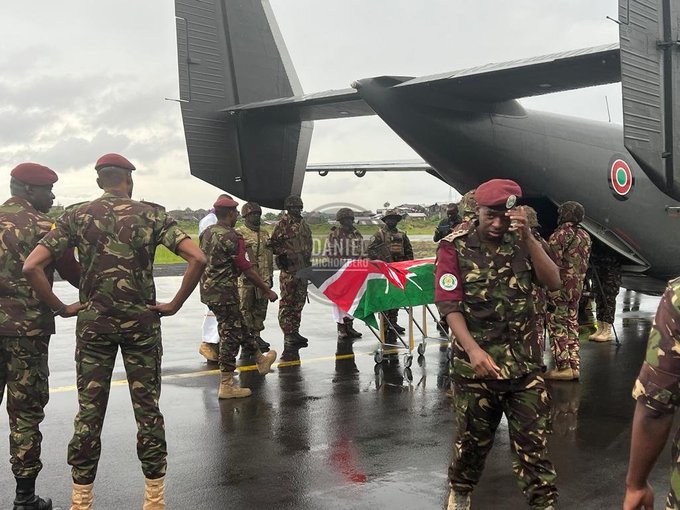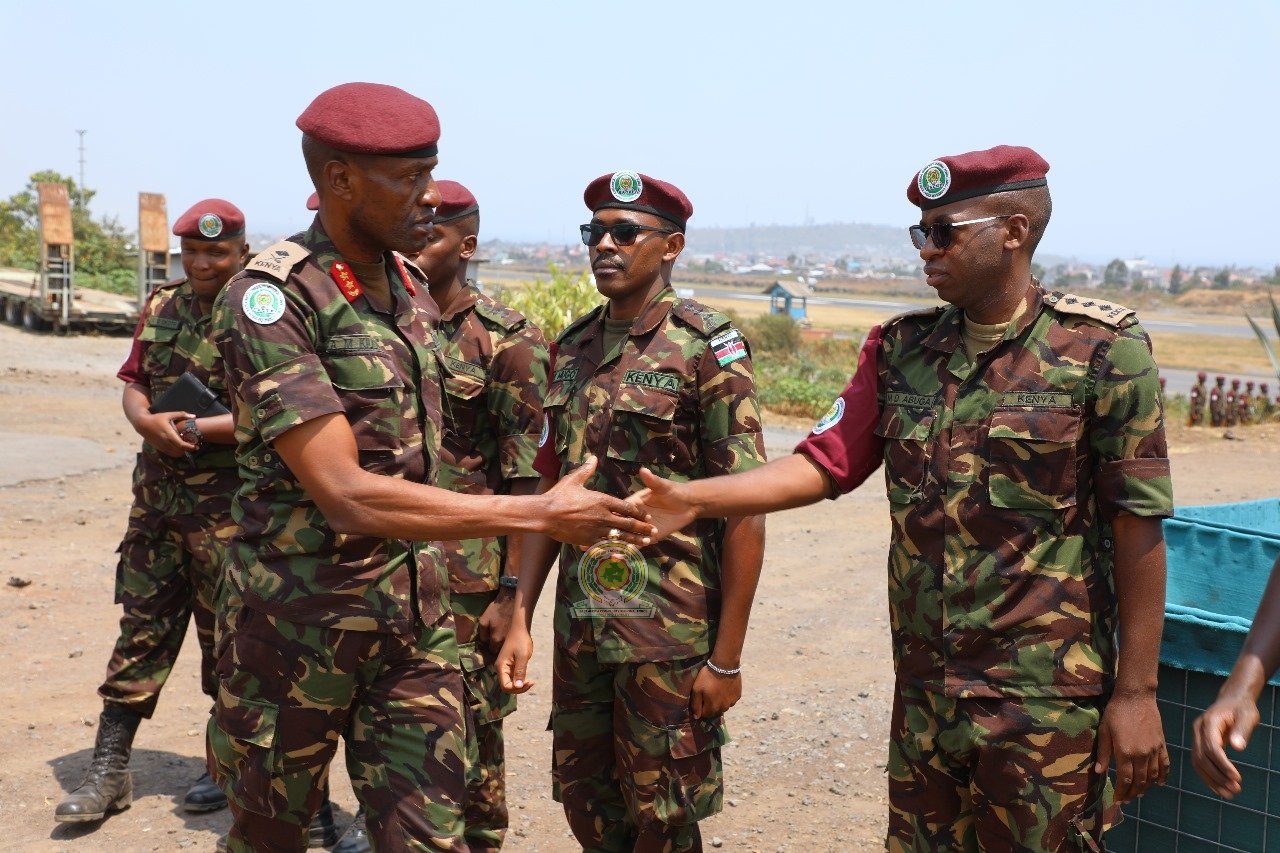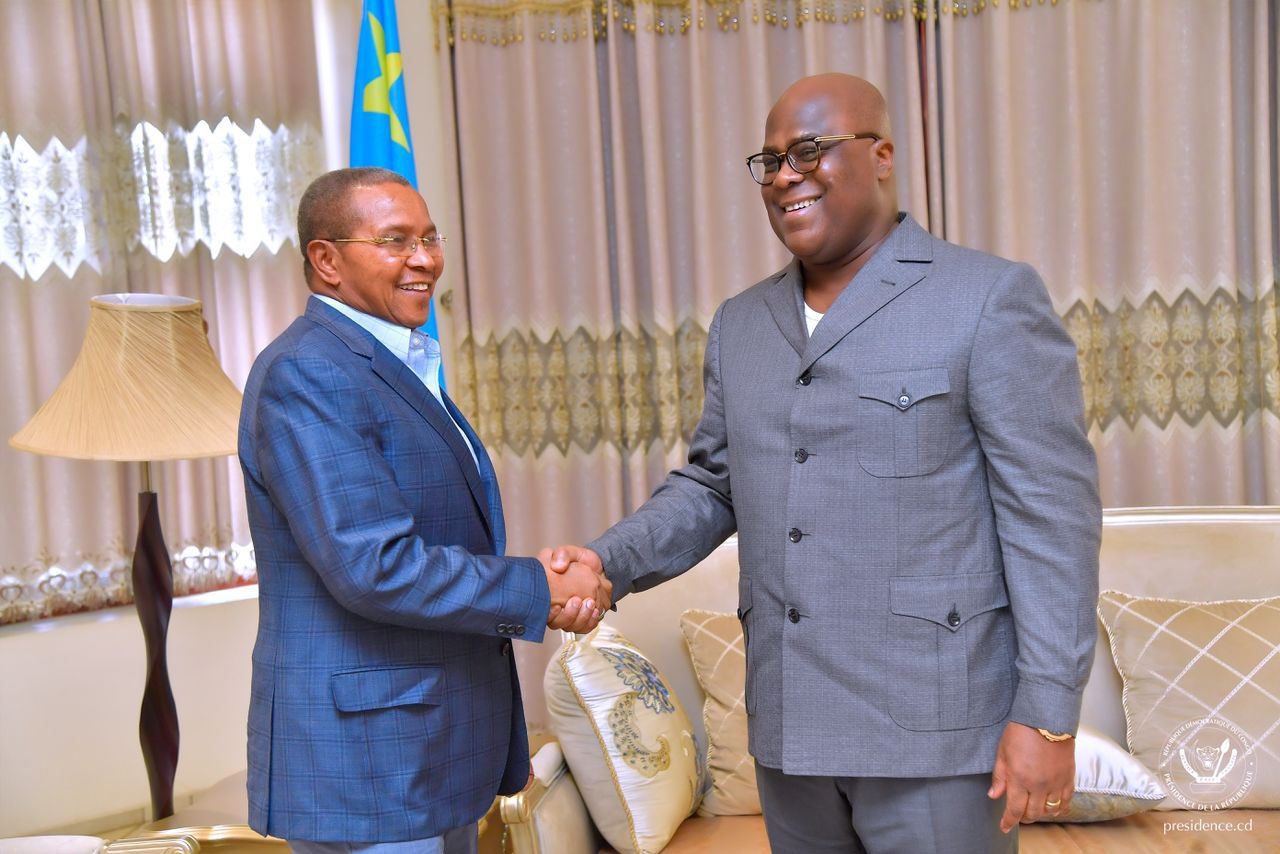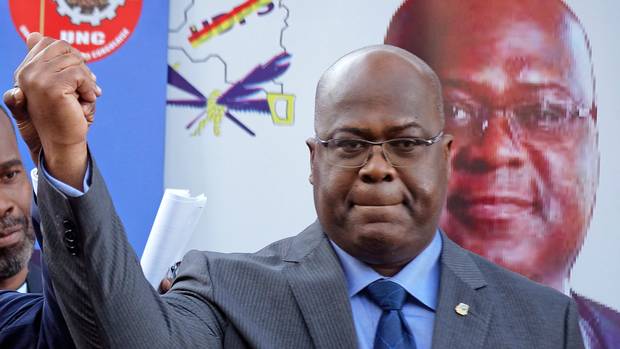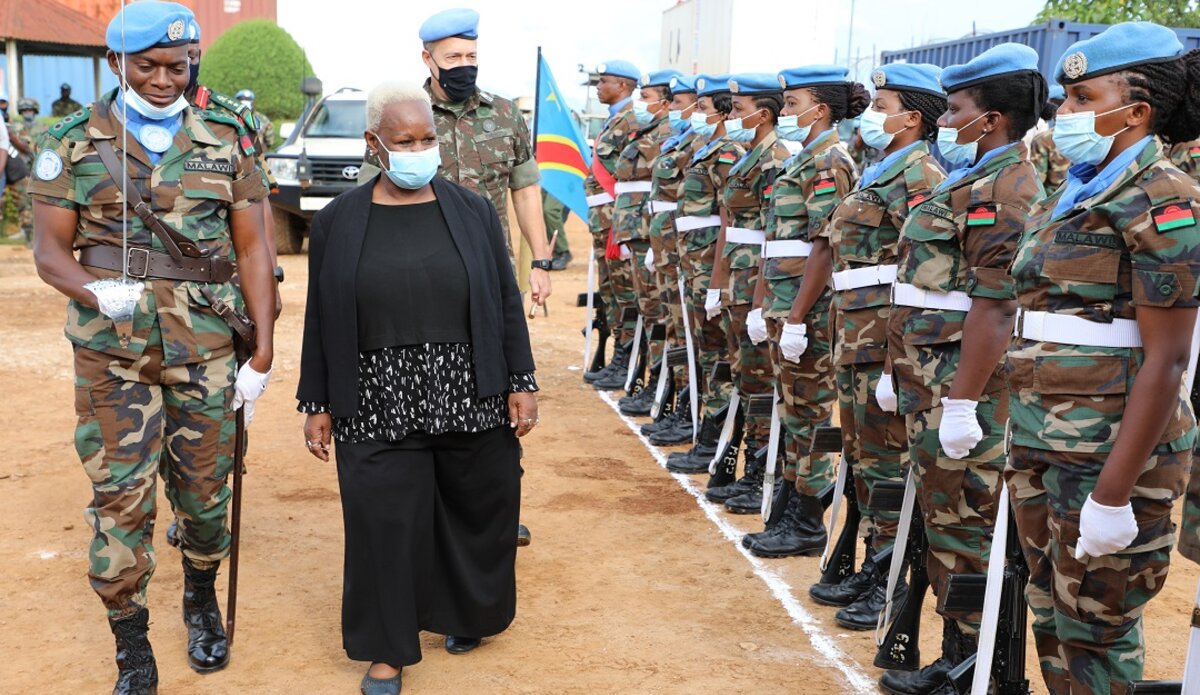Regional
If only Tshisekedi’s wall could keep genocidaires away from Rwanda
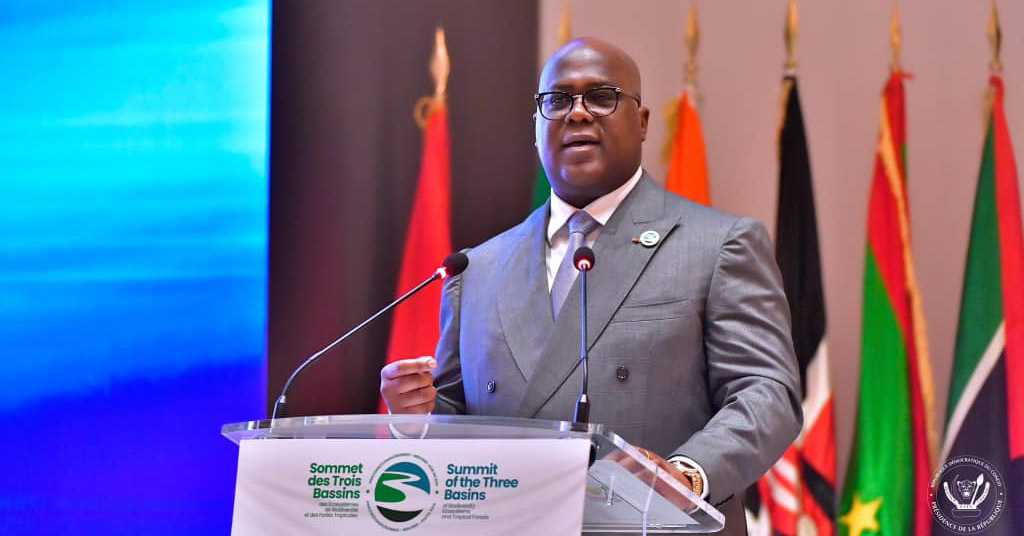
Congolese
President Félix Tshisekedi is not interested in building bridges with
neighboring Rwanda. He made this clear while speaking at the Three Basins
Summit in Brazzaville, on October 26.
“As President of the Democratic Republic of Congo, faced with such situations (of insecurity), I am not tempted to build bridges (with Rwanda), but rather walls to ensure the security of my population," Tshisekedi said.
Related: DRC: Tshisekedi heavily arming FDLR, preparing for war
The
mid 2022 resurgence of the 23 rebellion in DRC’s eastern areas sparked a quarrel between Kinshasa and
Kigali. Kinshasa
accused Kigali of supporting the M23 rebels. Rwanda denied DRC's claims and in
turn accused DRC’s army of fighting alongside the FDLR.
In
2012, the M23 captured Goma, the capital of North Kivu Province in eastern DRC,
before they were chased out by the combined forces of the Congolese army and
the UN Force Intervention Brigade to Rwanda and Uganda the following year.
The Mouvement
de 23 Mars (March 23 movement) or M23 rebels, is largely made up of
members of the Congolese Tutsi ethnic group who fighting to protect their
community from the FDLR, a militia founded by the perpetrators of the
1994 genocide against the Tutsi who fled Rwanda after killing more than one
million Tutsi countrymen. In eastern DRC where they have been based, they spread
their genocide ideology and always target the Congolese Tutsi ethnic group,
just like they did in Rwanda.
Successive
governments in Kinshasa, including Tshisekedi’s, have accommodated and
supported the militia group, despite its dangerous genocide ideology. Over the years, Kinshasa has sanitised the genocidal militia group to
the extent that the FDLR are currently co-located, and fighting alongside the
Armed Forces of the DRC, much to the annoyance of Kigali. The FDLR's sole
mission is to return to Rwanda, by force of arms, to continue its genocidal
mission.
Relations between DRC
and Rwanda hit the lowest point of the Tshisekedi era as Kinshasa accuses
Kigali of supporting the resurgent M23 rebels who have been fighting for their
community’s rights to citizenship and safety.
In a
way, if Tshisekedi is really committed to building a wall separating DRC from
Rwanda, it will be a very good project as it would keep the FDLR away from
Rwanda.
Related: FDLR
still winning big favours from Tshisekedi
The
FDLR, supported by Kinshasa, has plotted and executed numerous deadly attacks
on Rwanda’s territory.
The
Congolese leader wants a wall, allegedly to preserve territorial
integrity and ensure security.
Tshisekedi’s
plot to separate two neighboring countries goes against the principle of good neighborliness.
Both countries are members of the East African Community, and his plot also goes against the bloc’s integration agenda since he will be isolating the Congolese population from the region.
The
2022 World Bank report noted that the DRC was a growing trade opportunity for
Rwanda; with DRC being Rwanda’s biggest regional trading partner. Both
countries have lots of common interests including trans-border trade and
investment, among others.
Related: Rwanda
gains nothing from insecure DRC
By
2019, Rwanda exported more goods to DRC than to other East African Community
countries. The main exports to DRC included livestock and food crops, but
cross-border trade in services such as finance, transportation, and wholesale
trading were also important, according to the report.
But
now, trade between the two countries has suffered and diplomatic relations are
at their lowest point. Worse still, Kinshasa has repeatedly rejected demand by M23 rebels
for dialogue, effectively paralyzing a regional peace process which should have
seen the rebels laying down their arms.
If Tshisekedi goes ahead with his plan to build a wall, what will be the fate of the more than 80,000 Congolese refugees on Rwandan soil?



